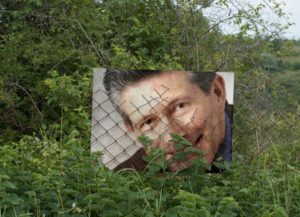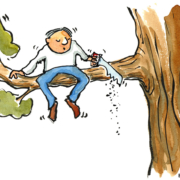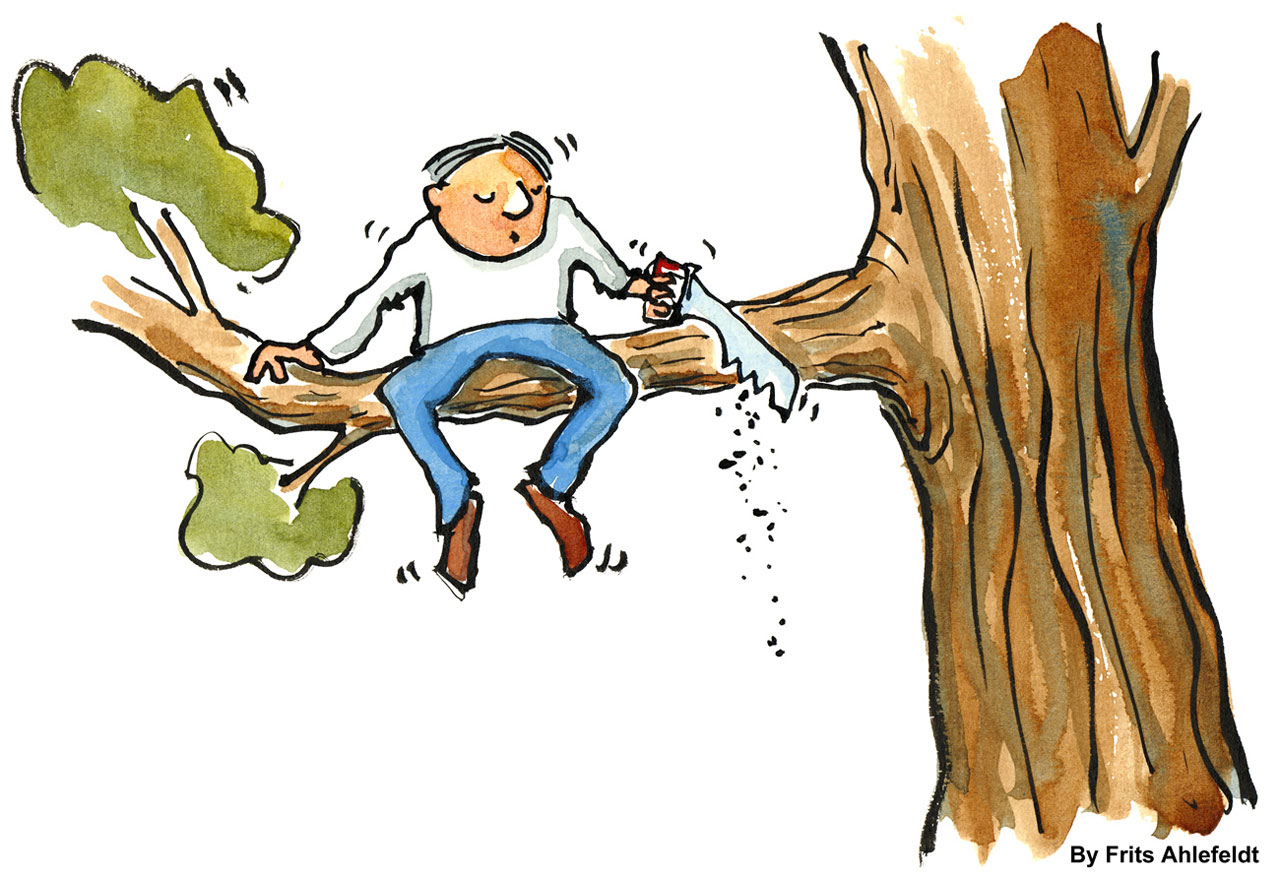7 Steps to Change Scarcity Consciousness to an Abundance Mindset – Episode 443
 Scarcity consciousness or a “lack” mentality is often the result of childhood programming and decisions that we make subconsciously. To shift into an abundance mindset requires an awareness of this programming and taking steps to counteract it and create a new way of looking at prosperity. In this episode, Ted shares his experience with having years of scarcity consciousness and how he managed to break out of it. He discusses the 7 steps he took to make it happen. If he can do it, you so can you.
Scarcity consciousness or a “lack” mentality is often the result of childhood programming and decisions that we make subconsciously. To shift into an abundance mindset requires an awareness of this programming and taking steps to counteract it and create a new way of looking at prosperity. In this episode, Ted shares his experience with having years of scarcity consciousness and how he managed to break out of it. He discusses the 7 steps he took to make it happen. If he can do it, you so can you.
In Deepak Chopra’s book “The Seven Spiritual Laws of Success”, he tells a story about the Maharishi Mahesh Yogi, the guy that founded Transcendental Meditation as well as the guy the Beatles hung out with in India.
The Maharishi wanted to organize a massive pilgrimage and attract hundreds of thousands of people to the event. However, the Maharishi was poor and didn’t have a lot of money. Nevertheless, he continued to plan for the event. One of his organizers, seeing the clear lack of financial resources, approached him. “Sir”, he said, “This is a noble effort, yet it is significant in size and cost. Where will the money come from?” The Maharishi replied, “From wherever it is now.
—–
Listen to this podcast episode now >
When I read this, I was blown away. Talk about faith. Talk about confidence. Talk about a totally different mindset from what most people have.
I don’t know too many people that have this kind of “abundance consciousness”. What seems much more common is “scarcity consciousness”: the feeling that there is not enough. What’s interesting is that this scarcity consciousness seems to have little to do with how much what we actually have.
Examining Scarcity Consciousness
Examining my own life, I’m able to identify some reasons for my own scarcity consciousness in the past. I wonder if any of you can relate.
There were 8 kids in my family, and until I was in the 6th grade my mom stayed at home while my dad worked at his own business. Dad spent a lot of time at work to support eight kids.
As a child, I could see that he was stressed out. It seemed to me that to own a business and try to make money was not a good thing, as it meant you would be stressed out and not be able to spend time with your kids.
I went to a Catholic grammar school and high school. In 12 years of my schooling, there was never any discussion of success, money, how to make it, what to do with it, or why we should even care. In fact, the message I received was quite the opposite: money is the root of all evil, if you want money, you are greedy, and it’s easier for a camel to pass through the eye of a needle than for a rich man to enter heaven.
I entered college with no real goals and certainly no desire to make a lot of money. After slumming my way through college and eventually dropping out, I had a succession of in-home sales jobs which left me struggling financially and in debt.
I got a “real” job in a mall at a Things Remembered store, but got fired because I kept forgetting to turn on the revolving tower of key blanks. When I got into my car to drive home, my car wouldn’t start.
That night I found an ad in the employment section of the newspaper promising “High pay in a rock and roll atmosphere!”
To make a long story short, I took the job, (another in- home sales gig) started making a lot of money, gave my beater car away and bought a used Pontiac Fiero. After a few more months, I lent the Fiero to a friend, and started driving a Porsche. Then I found out that the owners of the company were con men. I quit the job, turned in the Porsche, got back the Fiero (payments were not kept up) and was struggling again. My girlfriend dumped me, I got evicted from my apartment, and my Fiero got repossessed. (Check out episode 439 of my podcast to get the full story.)
At that point, (1987, 27 years old) I remember making five decisions which would reinforce whatever scarcity consciousness I had and impact my life for more than a decade:
· To aspire to make a lot of money means you must cheat people.
· It’s better to be poor (maybe I’ll become a monk…)
· I never want to own a business.
· I never want to get married or have kids.
· I never want to own a house.
In the years that followed, I struggled constantly with a lack of money, but I also did a lot of work on my own personal self development. Somehow, in spite of those experiences and decisions, from 2003 to 2009 I managed to start a business, get married, have kids and buy a house. I had let go of a lot of my scarcity consciousness.
What changed? Here’s what I did:
1. I created desire. I wanted more. I said “I’m tired of being poor.” I started writing down goals. I began to create in my mind what I wanted. Instead of looking at people that had more than me with resentment and envy, I started to ask myself, how can I do that? 2. I started studying the principles of success. I started reading books like Think and Grow Rich, Secrets of the Millionaire Mind, and Busting Loose from the Money Game. I started listening to audio recordings by Tony Robbins, Les Brown, Deepak Chopra, Bob Proctor, Jim Rohn. I started learning.
3. I started to talk to myself differently. I stopped calling myself names. I stopped complaining. I stopped being so negative and tried to be more positive. I would say affirmations first thing in the morning and late thing at night. I stopped saying things like I’m broke, I can’t afford it, I have no money. I started to reprogram my mind for abundance by changing what I said in my head and out loud.
4. I started taking better care of myself. I started eating better. I had always put the credit card companies, rent, and car payment first before I bought groceries. I changed that and started buying good food and having food in my fridge. This made such a huge difference. I took myself out occasionally for dinner or lunch at a nice place and that made me feel abundant. Interestingly, I started taking better care of my stuff too, like my car and my apartment.
5. I started to donate money. I figured that I had enough money to donate 15 bucks a month to a children’s charity. That made me feel good. As I looked at how other people in the world lived with much less than me, this made me feel like I was making a difference in the world. It made me feel that I had enough money that I could give some away. This was a game changer.
6. I started seeing myself as abundant. I stopped seeing myself as a broke college kid and started seeing myself as already possessing abundance. I saw a quote recently that said “If you have food in your fridge, clothes on your body, a roof over your head, and a place to sleep, you’re richer than 75% of the entire world.” It appears that all things being equal, this is true for the most part. Instead of focusing on what I lacked, I started to focus on what I had and how I make my life better.
7. Gratitude. You knew this was coming didn’t you? I became grateful for everything and started affirming how grateful I was daily. Not only for what I had as far as material possessions, which were meager, but for my family, for my health, for the beauty in the world, for my friends, for the good times, and for my life.
But the effects of subconscious programming run deep and exist at a level most of us are not aware of. I’ve become aware that I still have work to do to counteract the negative programming of my early years.
I can’t blame anyone or anything for whatever scarcity consciousness I created for myself. I continue to read, study, do affirmations, seminars, self-reflection, self-hypnosis and a lot of hard work to create a higher level of “abundance consciousness”.
Want to catch up on previous episodes? Click Here >
If you have a lack mentality or scarcity consciousness and you are aware of that, you can do something about it. If you need help, request a free complimentary consultation with me by going to TedMoreno.com/contact. We’ll talk and see if hypnotherapy and high-performance coaching is the right path for you.



 Have you ever been in a funk? You know: unmotivated, lethargic, something’s off, feeling deflated, sad and not right? We all have, and it’s not fun, so we want to get out of the funk as soon as possible.
Have you ever been in a funk? You know: unmotivated, lethargic, something’s off, feeling deflated, sad and not right? We all have, and it’s not fun, so we want to get out of the funk as soon as possible.
 Chronic pain and anxiety have a strong relationship to each other. Anxiety can cause or increase pain and pain can cause anxiety. This can cause a “negative feedback loop” making life increasingly unbearable for those that suffer from pain and anxiety.
Chronic pain and anxiety have a strong relationship to each other. Anxiety can cause or increase pain and pain can cause anxiety. This can cause a “negative feedback loop” making life increasingly unbearable for those that suffer from pain and anxiety.
 I was speaking with a client last night and I told him the following story. It’s a great story, so I thought I would share it with you.
I was speaking with a client last night and I told him the following story. It’s a great story, so I thought I would share it with you.
 I’ve long realized that many people who have chronic anxiety aren’t aware that they have it. They will chalk it up to stress, or some other physical ailment. If they go to their doctor for, let’s say, digestive issues, they will be given a prescription that might be helpful but often times won’t address the root cause of the problem which is chronic anxiety, which is often diagnosed as an anxiety disorder.
I’ve long realized that many people who have chronic anxiety aren’t aware that they have it. They will chalk it up to stress, or some other physical ailment. If they go to their doctor for, let’s say, digestive issues, they will be given a prescription that might be helpful but often times won’t address the root cause of the problem which is chronic anxiety, which is often diagnosed as an anxiety disorder.
 It has been suggested by people much smarter than me that what you do first thing in the morning has a tremendous impact on how the rest of the day goes.
It has been suggested by people much smarter than me that what you do first thing in the morning has a tremendous impact on how the rest of the day goes.
 We all have things we want. Consciously, we have goals, desires, and outcomes we want to achieve. However, our subconscious mind, which is more than 75% of our mind, might have “programming” that is in conflict with what we are trying to achieve. If that is the case, our subconscious mind will do what it can to stop us. That’s when we feel blocked. It’s that feeling that no matter how hard we try, we always seem to stop ourselves through self-sabotage, procrastination and giving up too soon.
We all have things we want. Consciously, we have goals, desires, and outcomes we want to achieve. However, our subconscious mind, which is more than 75% of our mind, might have “programming” that is in conflict with what we are trying to achieve. If that is the case, our subconscious mind will do what it can to stop us. That’s when we feel blocked. It’s that feeling that no matter how hard we try, we always seem to stop ourselves through self-sabotage, procrastination and giving up too soon.


 Lately I’ve had more than a few people come to me for help with mending their broken hearts.
Lately I’ve had more than a few people come to me for help with mending their broken hearts.
